Jewish History: World War II
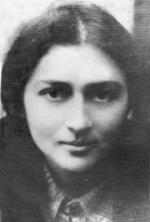
Mire Gola
A passionate idealist, Mire Gola organized anti-German resistance in World War II as a Communist in occupied Poland. She inspired others with her eloquent poetry and her fortitude through imprisonment and torture.
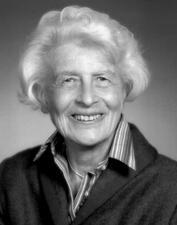
Gertrude Scharff Goldhaber
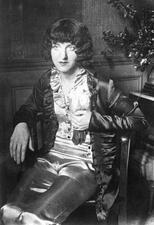
Claire Goll
Claire Goll’s poetry and prose were fueled by the tragedies and scandals that shaped her life. She and her husband, writer Yvan Goll, were central cultural figures of the French avant-garde, and her prolific body of work includes journalism, multiple novels, short fiction, and numerous translations of other authors’ works.

Beate Sirota Gordon
Shira Gorshman
A multi-faceted Yiddish writer, Shira Gorshman embodied the vision and struggles of Jewish socialism throughout her long and productive life. Her work encompassed the shtetl of Lithuania, pioneering Palestine, the Soviet experiment, the Holocaust, and finally the return to modern Israel. In all these journeys her characters, many of whom are women, are revealed in their full humanity and individuality.
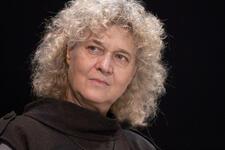
Michal Govrin
Michal Govrin, born in 1950 is an Israeli poet, writer, and stage director. She takes a highly individualized perspective on Israeli-Jewish post-Holocaust reality by combining artistic experimentation with Biblical and Rabbinic sources and philosophical discourse. In her poetry, prose and essays she examines places and spaces within a polyphonic context of architecture, art and theater, the sanctity of land, and the national narrative.
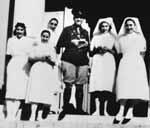
Greek Resistance During World War II
Sephardi and Romaniote women during the resistance movements in Greece and in Auschwitz Birkenau have been rarely mentioned in the literature on World War II, but they made varied contributions to the movement.
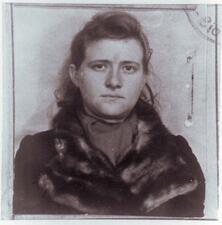
Haika Grosman
Politically active from a young age, Haika Grosman played a key role in the underground resistance to Nazi occupation and the Holocaust and put her safety on the line in the name of the movement.
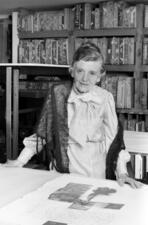
Tatyana Grosman
Tatyana Grosman nurtured an entire generation of printmakers and raised printmaking in the United States to the status of major fine art. Universal Limited Art Editions, which she founded in 1957, published prints by many major American artists, and launched collaborative endeavors between artists and writers. Much of the press’s work was acquired by the Metropolitan Museum of Art.
Ethel Shilmover Grossman
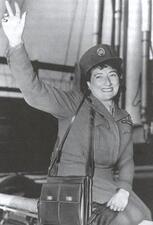
Ruth Gruber
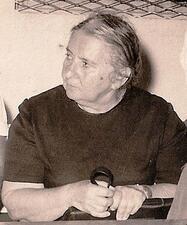
Rivka Guber
Through her work as a soldier, writer, teacher, and volunteer supporting immigrants, Rivka Guber exhibited selflessness for her neighbors and for the young State of Israel as a whole, earning her the title “Mother of the Sons” and the respect of the nation.
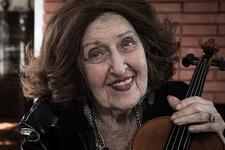
Ida Haendel
In a life that spanned the greater part of the twentieth century, Ida Haendel was one of the most enduring idols of the concert platform, an inspiration to both performers and music-lovers through her many recordings as well as her live performances and broadcasts. A musical prodigy who began performing at age four, Haendel continued her passionate violin performances into her late eighties.
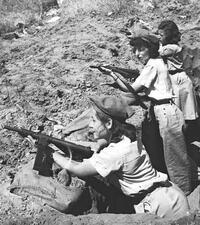
Haganah
Women played many different roles in the operations of the Haganah. Though their stories are frequently excluded from the story of the Jewish paramilitary organization in British Mandate Palestine, women served as caretakers and nurses, as well as fighters and commanders.
Hasidism
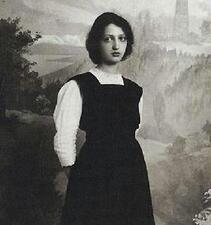
Clara Haskil
Pianist Clara Haskil was one of the greatest performers of her time. As an early prodigy, Haskil began studying music at age six and grew to have an international career, performing throughout the world and appearing at the most prestigious music festivals, in spite of chronic health challenges.
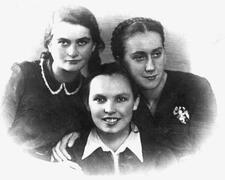
Bela Ya’ari Hazan
On the outbreak of World War II, Bela Hazan escaped her hometown of Rozyszcze, Poland, for Vilna, where she worked as a smuggler for the Dror movement. She was arrested by the Gestapo in 1942 and sent to Auschwitz, where she served as a nurse, then to Ravensbruck, and finally to Leipzig, from which she was liberated. She immigrated to Israel, where she died in 2004.
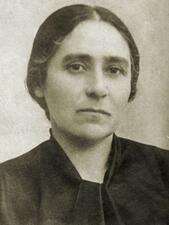
Anna Braude Heller
A brilliant pediatrician used to working in difficult circumstances, Anna Braude Heller struggled to keep children’s hospitals open through both World War I and World War II, even as the Nazis occupied Poland and placed Jews in ghettos. Although she evaded deportation in 1943, she was killed shortly afterwards when German soldiers raided the Warsaw Ghetto.
Florence Heller
An important benefactress of Brandeis University, Florence Grunsfeld Heller made her mark as one of the first women to run a general Jewish organization, the Jewish Welfare Board. She also founded the Florence Heller Graduate School for Advanced Studies in Social Welfare at Brandeis in 1959.
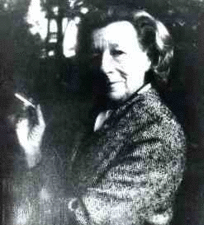
Lillian Hellman
Controversial both during and after her life, Lillian Hellman was one of the leading women of letters of mid-century America and a pioneer woman playwright. Hellman displayed courage not only in writing powerful plays like The Children’s Hour but also in her public refusal to name colleagues to the House Un-American Activities Committee.
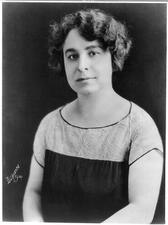
Lillian Herstein
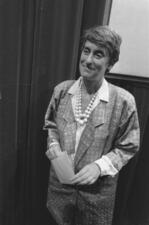
Judith Herzberg
Judith Herzberg is a Dutch Jewish poet, essayist, screenwriter, and professor who has been hailed as one of the greatest living Dutch poets for her ability to imbue everyday objects with unexpected meaning. Making her debut as a poet in the early sixties, Herzberg has written poems, essays, plays, film scripts, and television dramas, with many translations and adaptations to her name.
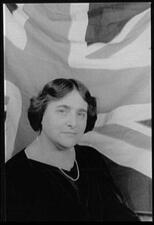
Dame Myra Hess
One of Great Britain’s most famous classical pianists, Dame Myra Hess had the idea of setting up lunchtime concerts at London’s National Gallery during the Second World War. The success of those concerts made Hess an international star, and the honor of Dame of the British Empire was conferred upon her in 1941.
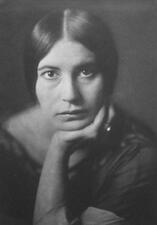
Nini Hess
In the years between 1914 and 1933, numerous significant personalities in art, culture, politics, society and sport met in the photographic portraiture studio of Nini and Carry Hess. With their technical and aesthetic brilliance, the sisters were among the leading photographers in Germany of the time.
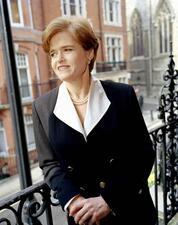
Historians in the United States
American Jewish women have made important contributions to historical scholarship, especially in the arenas of social history of the United States and Europe, women’s history, and Jewish history. Jewish women, sensitive to the situations of minority groups, became pioneers in these fields as they developed from the 1970s on.


